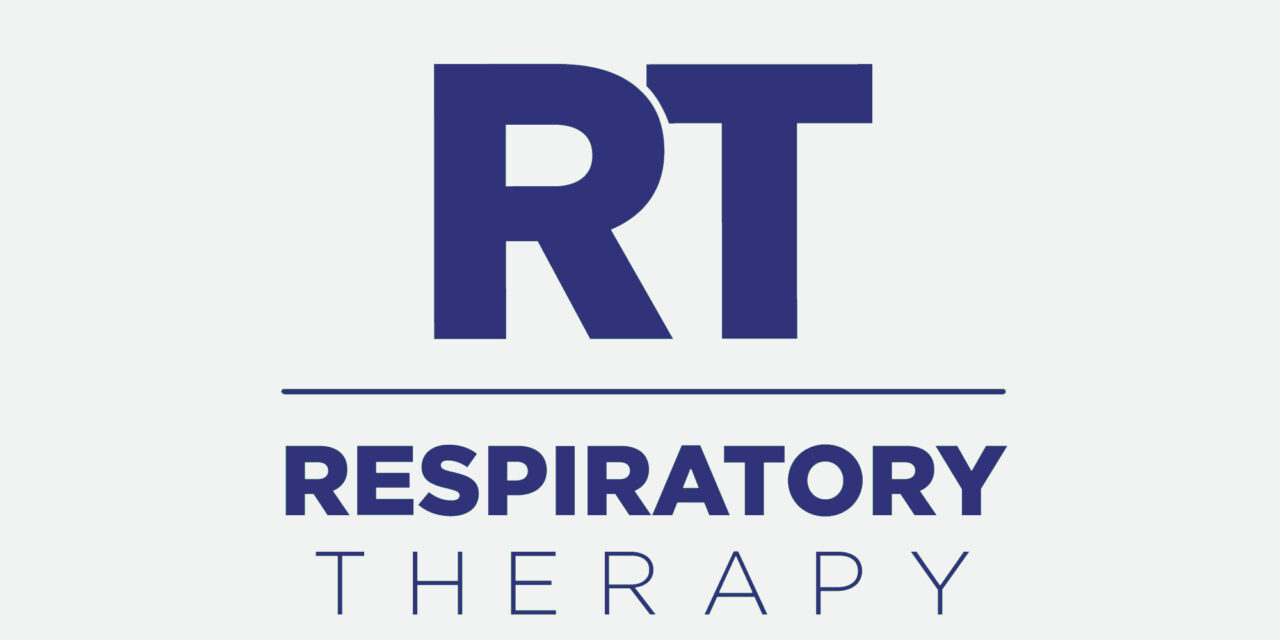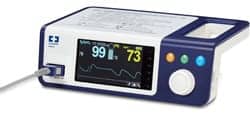RT Magazine takes a look at how respiratory therapists can become advocates for their profession.
By Paige Smith
As you know, the respiratory care profession is in dire need of new RTs. The American Association for Respiratory Care (AARC) has been a great source in promoting advocacy and encouraging RTs everywhere to get involved and make a difference.

The AARC suggests that instead of waiting for a crisis to occur, RTs need to act now. Public relations is effective, especially within your local community. News can be created by providing free respiratory screenings for asthma and chronic obstructive pulmonary disease, educating students at nearby schools about asthma, and promoting smoking cessation programs. Other effective measures include writing letters and emails to members of Congress or state legislators, contacting local television stations, and writing letters to the editors of various health care magazines. There are organizations that can provide information on how to go about promoting respiratory care in your community. These include the AARC (www.aarc.org), the National Board for Respiratory Care (www.nbrc.org), and the Committee on Accreditation for Respiratory Care (www.coarc.com).
For the past 4 years, I have edited RT Magazine and while I am grateful to have had the experience of working with such hard-working professionals in respiratory care, this will be my last issue as senior editor. I would like to thank all those who have inspired me, keeping me informed about a multitude of triumphant achievements in respiratory care and who have contributed to RT’s success.
Anne Welsbacher will be the new senior editor and will continue to provide up-to-date, informative articles about the happenings in respiratory care.
RT
Paige Smith is the former editor of RT. For more information, contact [email protected].









